Over the last two weeks, Proctor student leaders Grace ‘23 and Maks ‘23 sat down with Karin Clough, Megan Hardie, and me to chart a road map for their tenure as School Leaders. From the get go, both students brought the most important aspect of their personalities to our meeting and to the Proctor mindset.
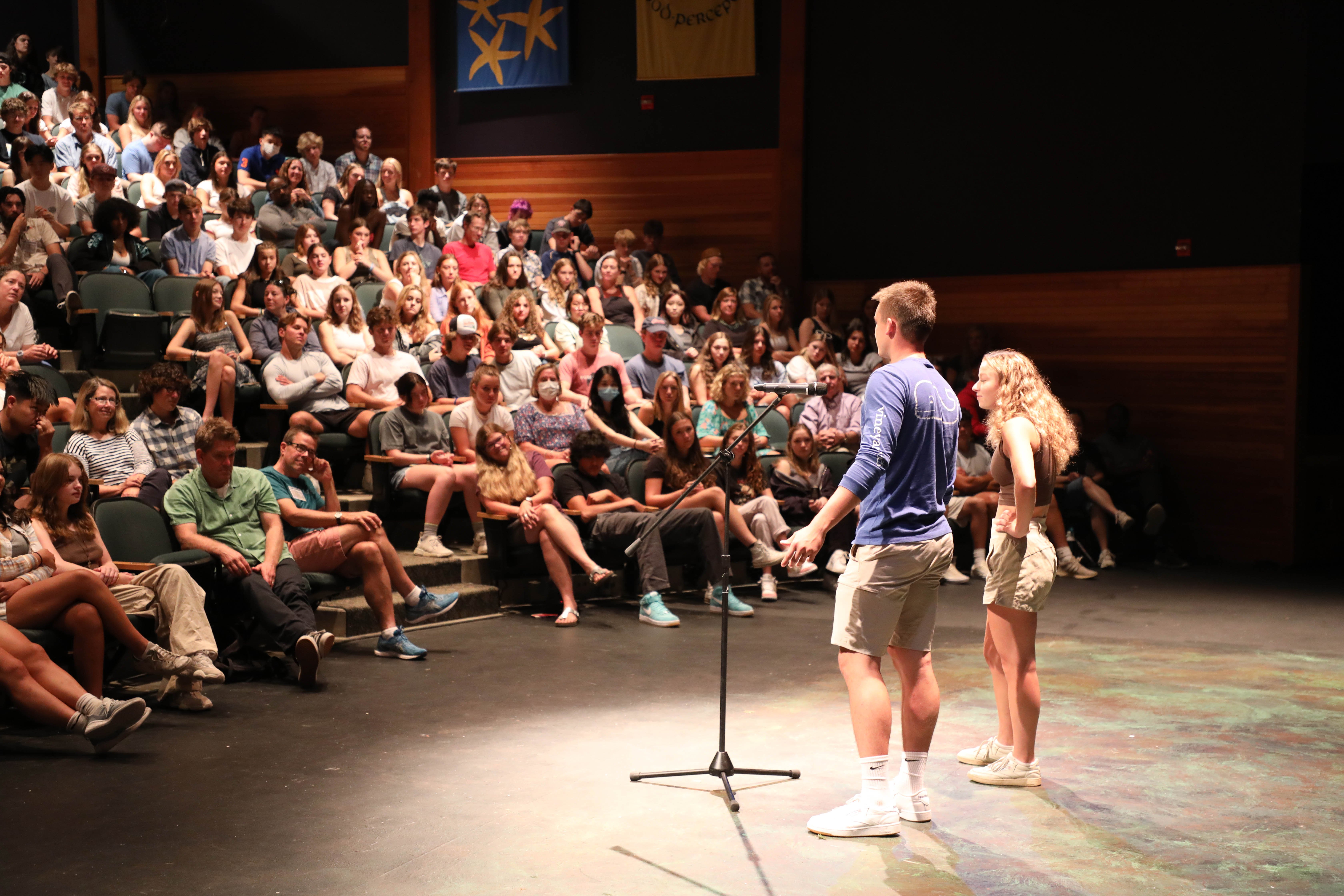
Both Grace and Maks are keen listeners, each one is a good academician – Head’s List – both lead their respective athletic teams, and most importantly, they are good people. They exude a quiet confidence and kindness that typifies many of our students and alumni, while each has focused this leg of their school careers on helping others, namely their classmates. It’s what the author Adam Grant in Give and Take: Why Helping Others Drives Our Success calls being “other-ish,” which is juxtaposed against any other more “self” involved terms.
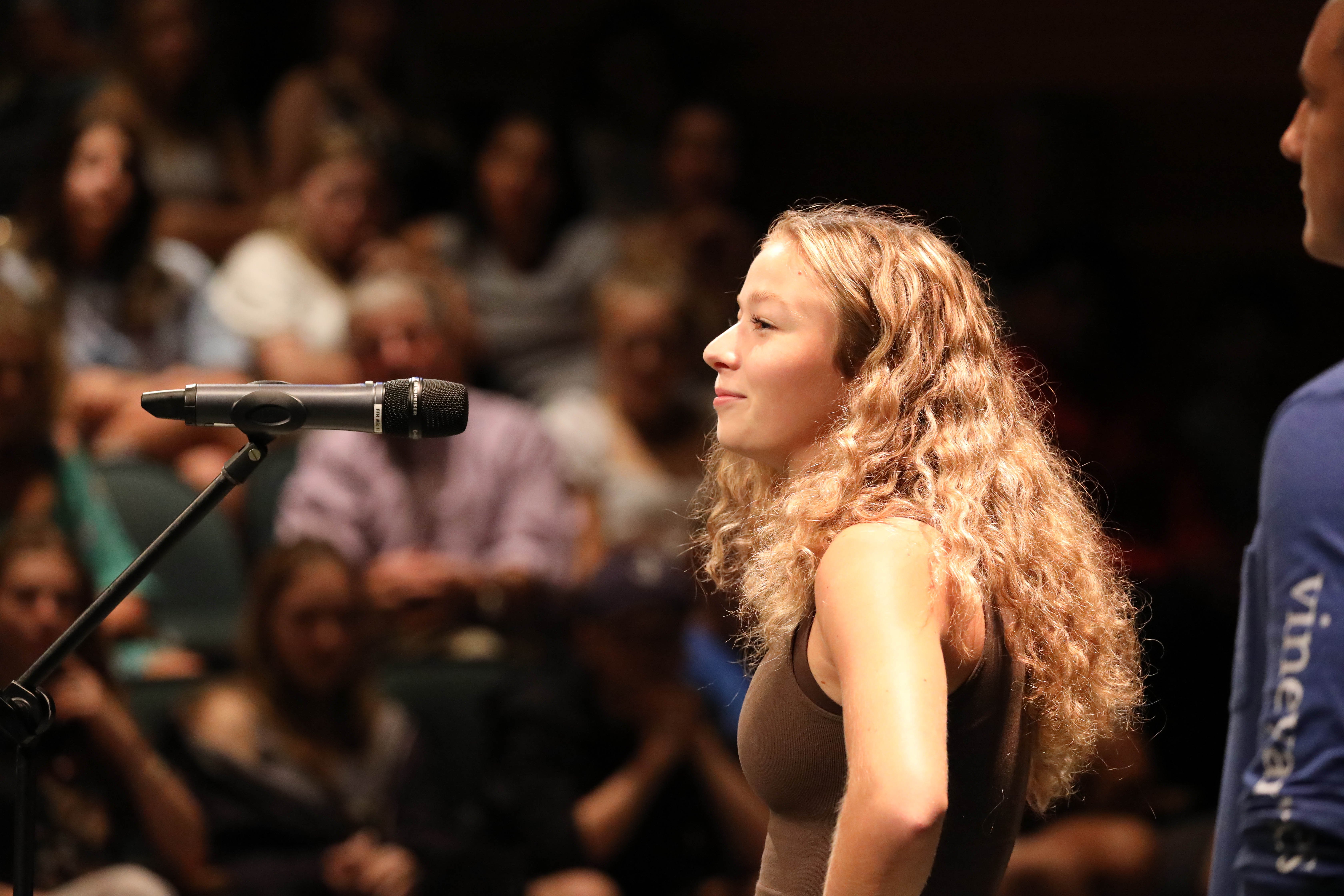
At our most recent lunch meeting, Grace and Maks kicked their listening up a notch, trying to understand from each of us what their “charge” for the year might be. Once again, we adults explained that the theme is “to become the healthiest school possible understanding, valuing, and connecting individuals to community with compassion, integrity, and growth.” Practically, we told both leaders, that translates into the question, “how might we have the other 379 students feel even more connected to Proctor and to each other?”
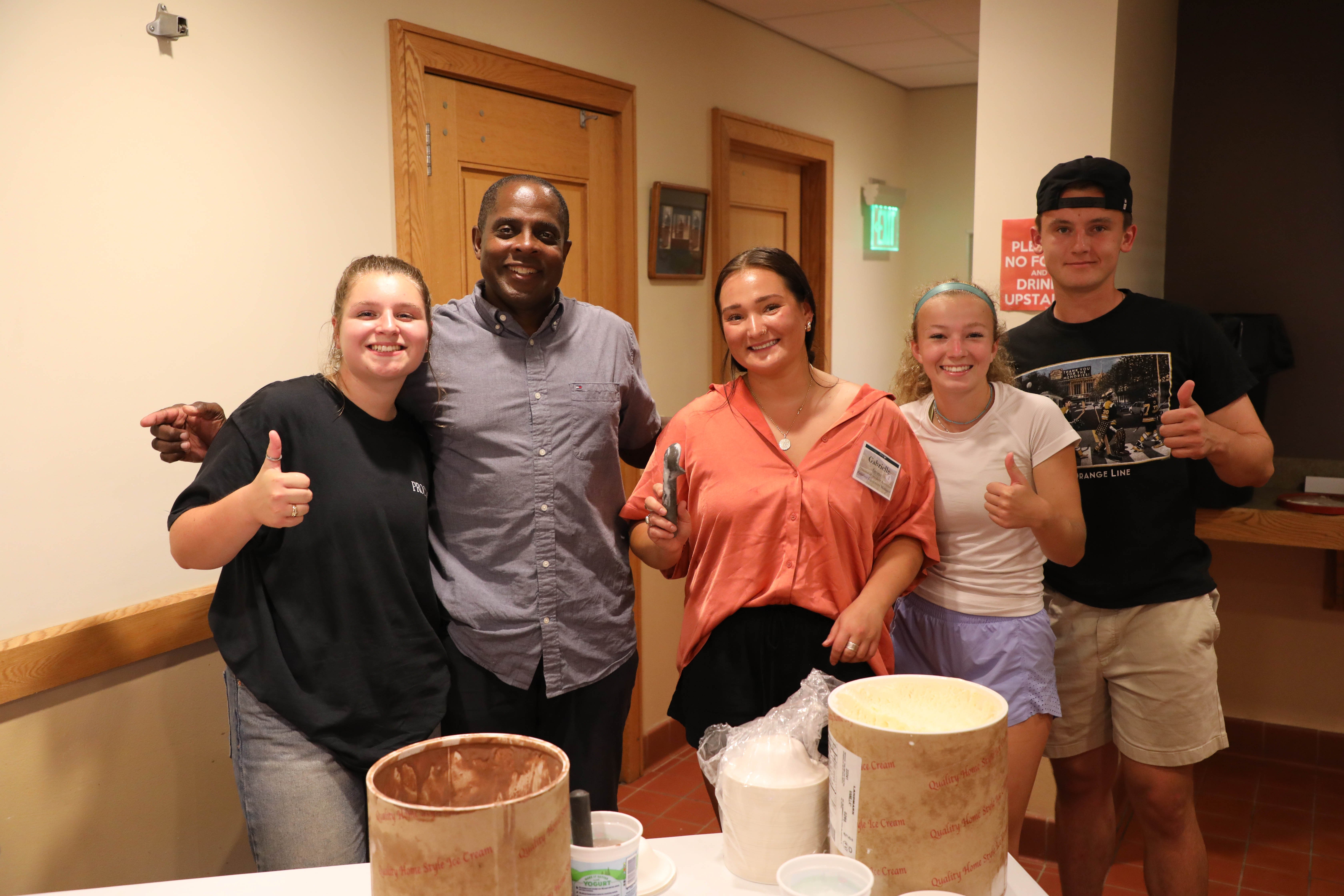
We all agreed that our school’s highly-relational model allows for individual journeys, although the pandemic has had some students, especially many newer students, feeling somewhat disconnected to their prior school experiences over the last few years. In our meeting, we could tell that Grace and Maks were thinking beyond what we adults focused our attentions; both students mentioned wanting to hold space for their peers in an even more impactful way in hopes of listening ever more deeply to them. They mentioned hearing from their peers and possibly convincing the adults in the community to make dorm visitation policies, known as parietals, more clear and manageable for students, creating more choice and voice. This might occur if older students prove to be increasingly more responsible allowing them to make ever more sophisticated and discerning choices.
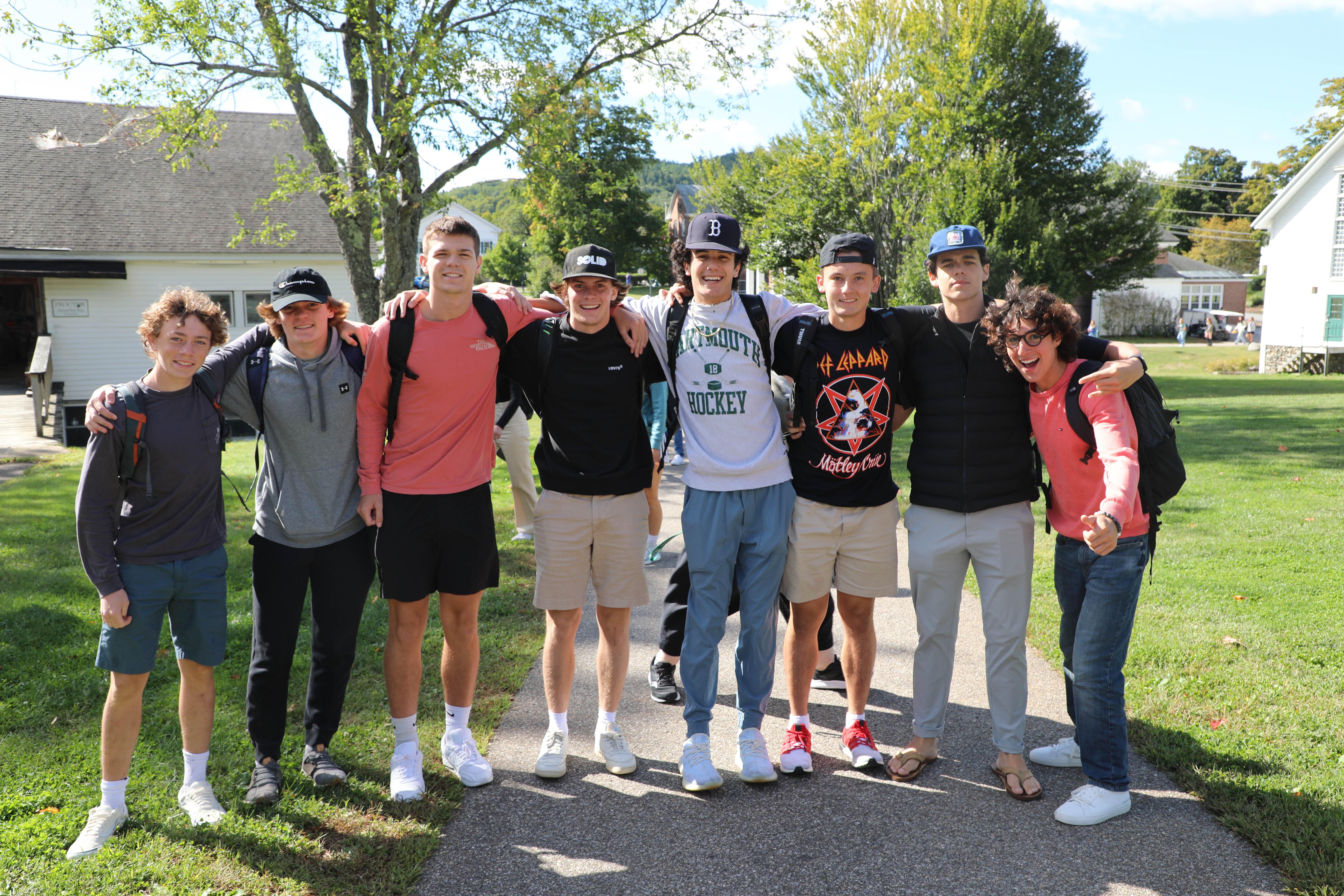
In addition, Maks and Grace noted the power of holding space for students to exercise their voices, especially referencing a recent assembly that occurred after the first week of school. Over the years, a number of students have shared incredibly heartfelt experiences and moments that make us leap to our feet in applause and support after telling true stories about their experiences, especially as it relates to the shared mutual understanding of our current students and their lived “in the moment” context. Last week Tony ‘23. opened up about what it felt to work his hardest over the last three years, yet not make the varsity soccer team in his senior year. Not only was Tony describing an experience that cuts across the grade-levels, but he was also talking about and articulating a situation that nearly all of us have felt, which is not getting something that you really want. Tony took it one step further by explaining how he understands the incredibly high standards set by the coach and his teammates to play on the varsity level. Emotional, yet clear, Tony revealed his vulnerability and commitment to his quest while noting he fell short in the end. Tearful and brave, Tony exemplified a moment in time when a student at Proctor took the wheel.
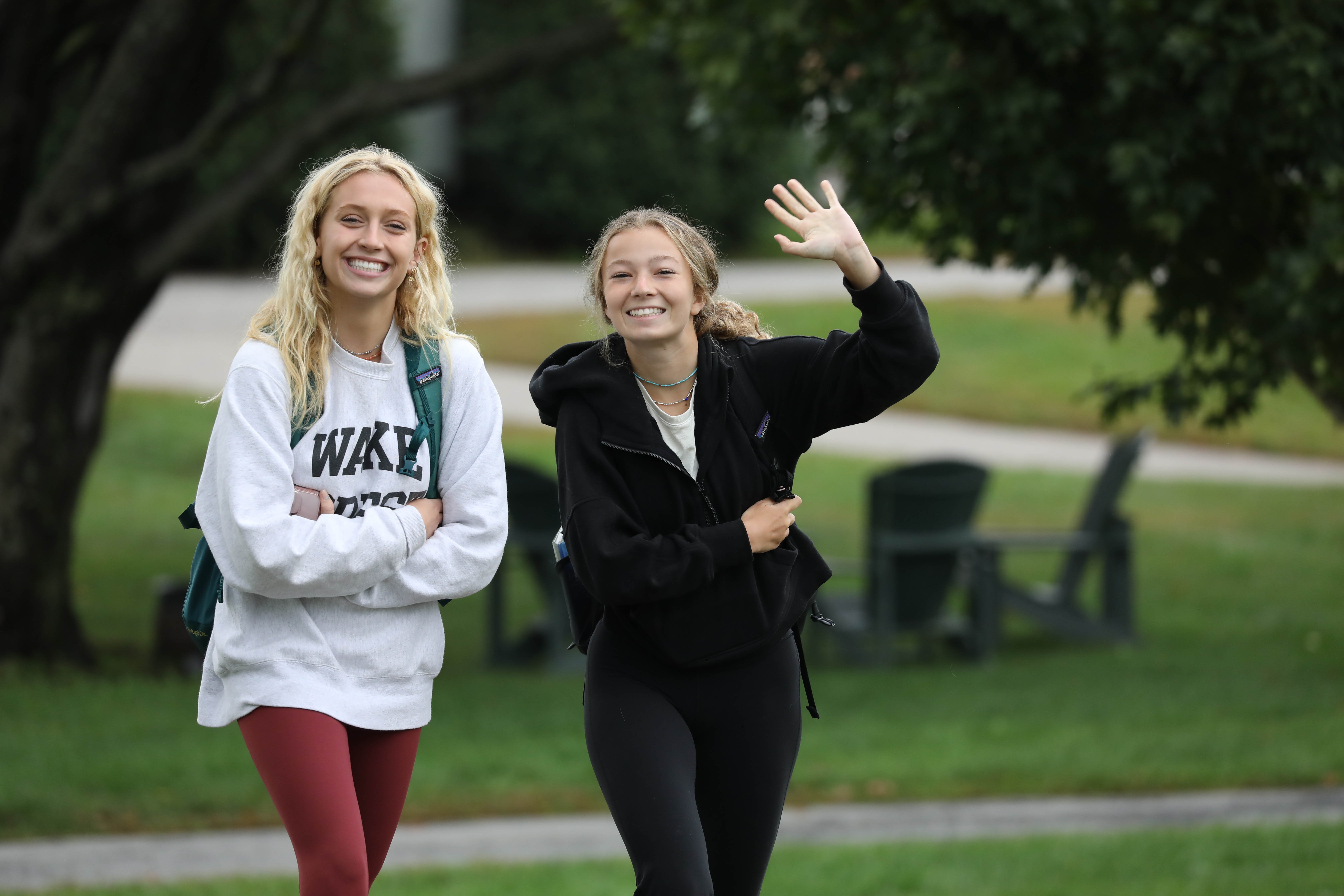
Maks and Grace referenced how powerful Tony’s experience was in the assembly. We also acknowledge that for most students, the ability to have that vulnerability in front of all of your peers and teachers in an assembly – our school-wide classroom – made the moment even more special. So much so that many students in the freshmen seminar classes referenced Tony’s bravery and his ability of students to lean into the discomfort that some people felt as Tony vividly recounted his emotional state and disappointment.
In shaping leaders, I would argue being a leader at Proctor is different from being a leader – student or faculty member – at any other school. Our job as adults is to create the conditions in which students can continue to listen to themselves and each other deeply. That’s what Grace and Maks do beautifully. They also are coming to understand, as do we adults, that being a leader is having the ability to witness, with others, the most intimate of details of our collective journey while encouraging students that our voice, our joy, our pain, and most importantly, our shared experiences give us the power to lead with quiet confidence and a greater sense of purpose. In the end, our job is also to guide while holding a mirror up to a student’s – and peer’s – highest aspirations. Of course, as adults we have ideas. But a student's own aspirations for themselves always wins out over even the best of what we might ever imagine for them.

Brian W. Thomas, Proctor Academy Head of School
Curated Listening and Reading:
I scoured the web and my mind for a poem that was discretely “other-ish.” I came upon Paul Laurence Dunbar’s “Lyrics of Lowly Life: The Lesson,” which, though from a different time and place, fit the bill perfectly. Listen and read it: HERE.








